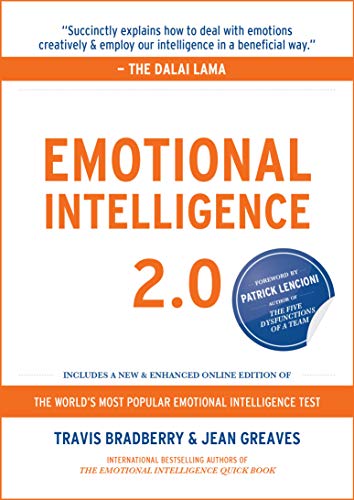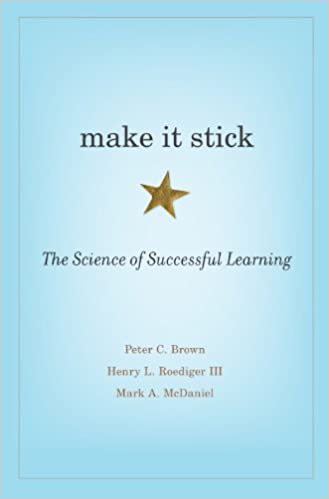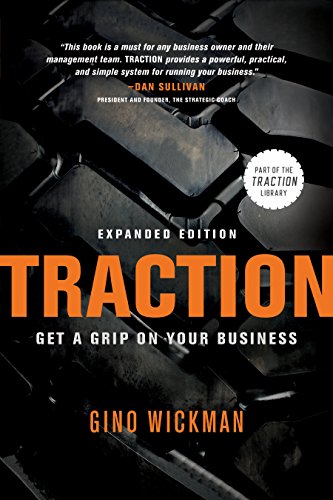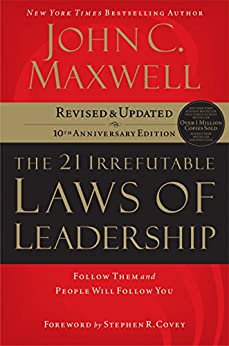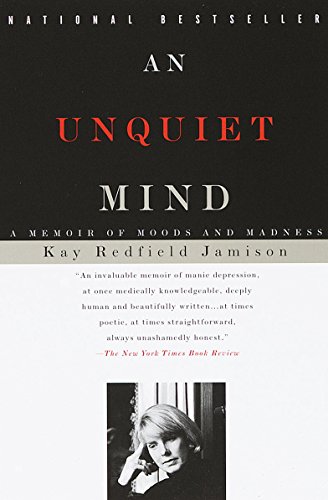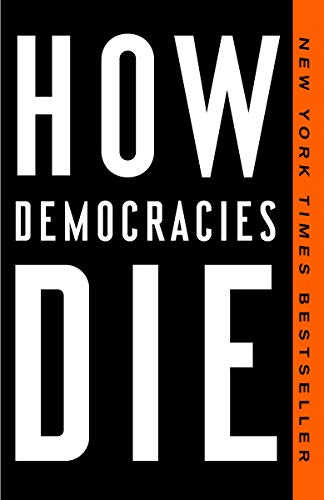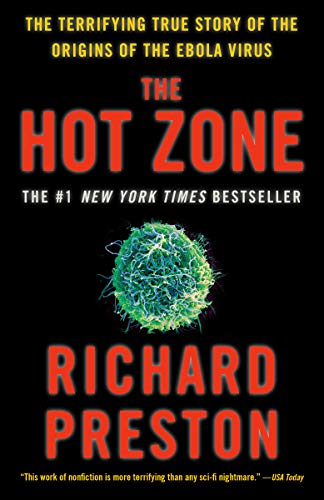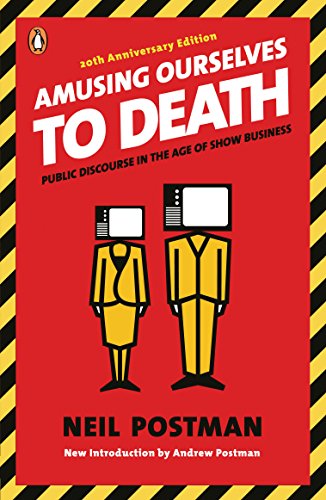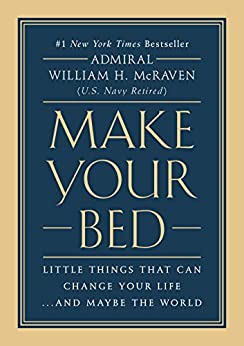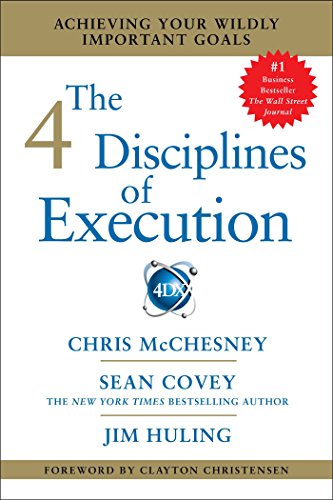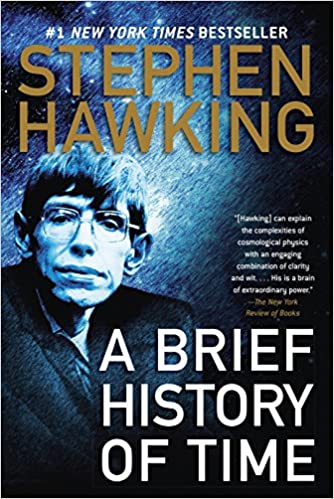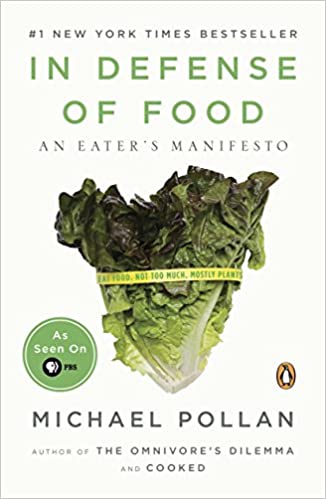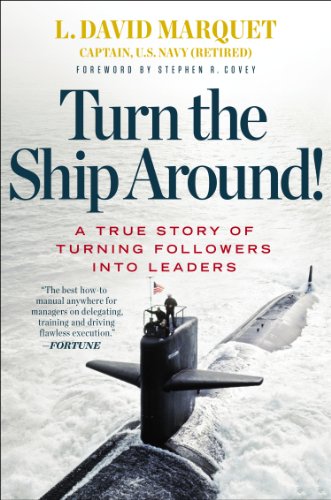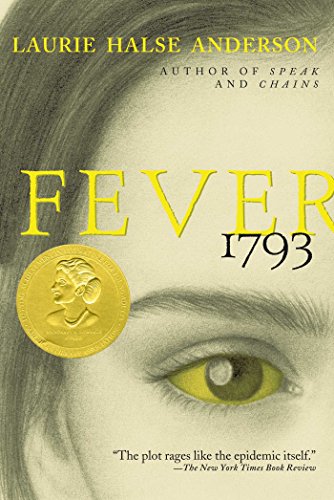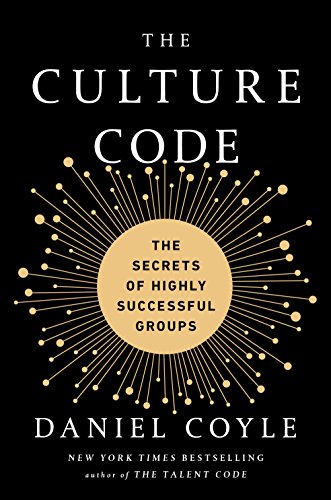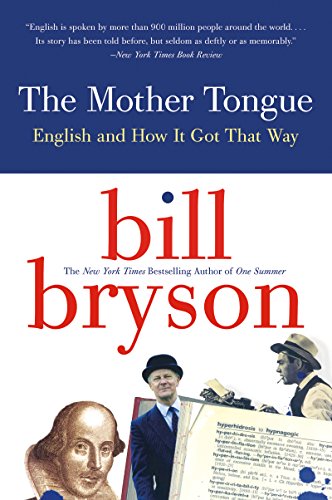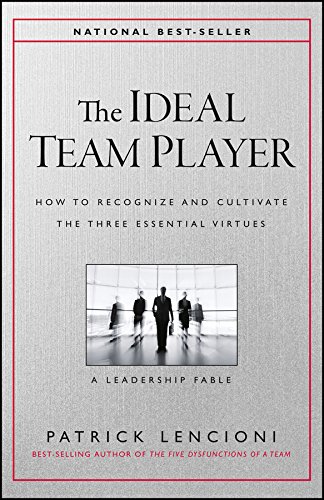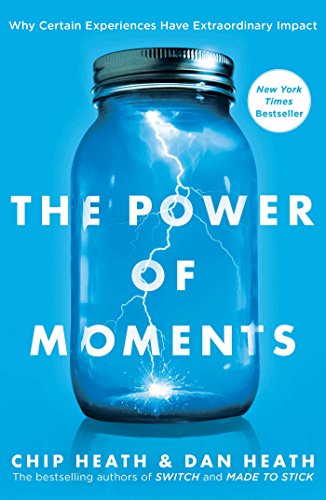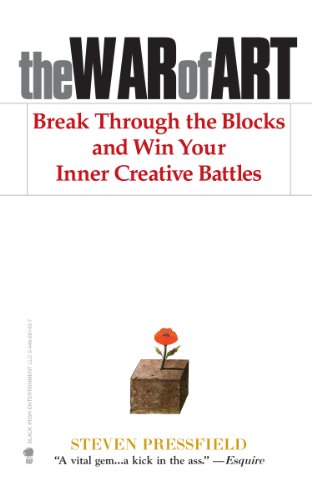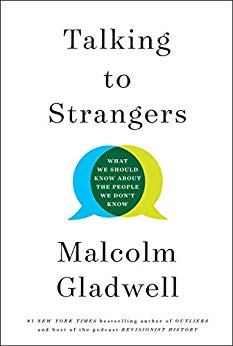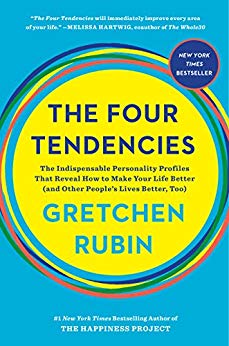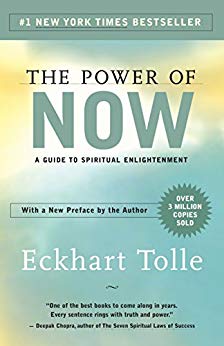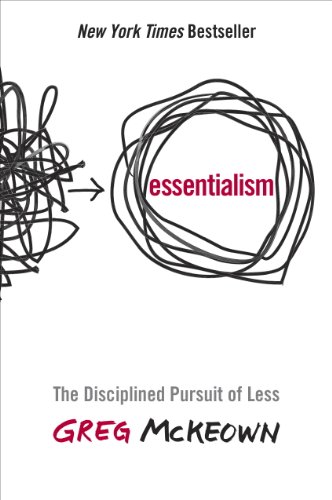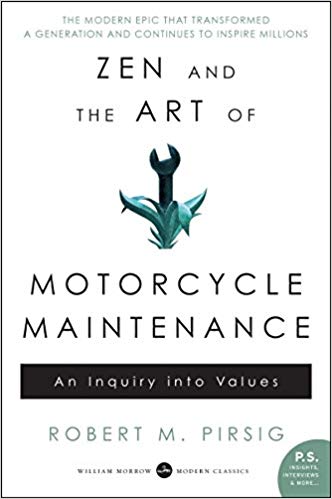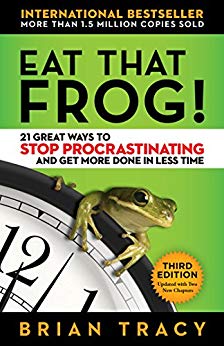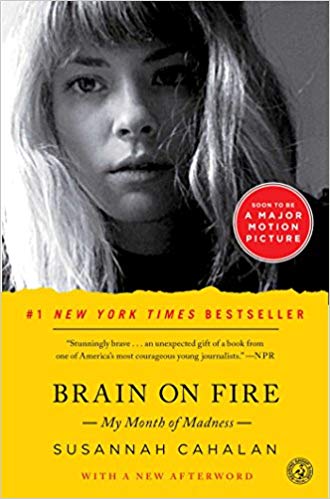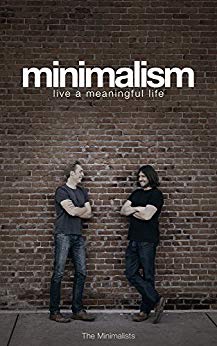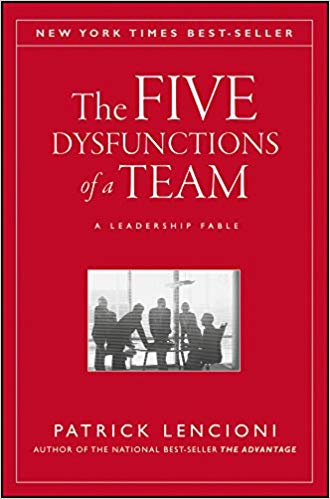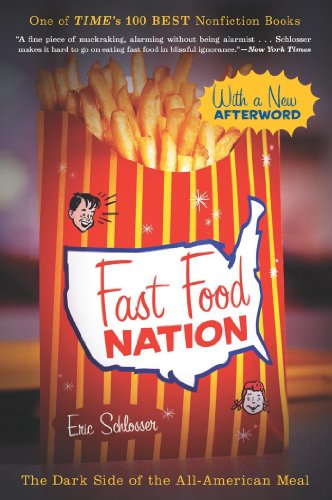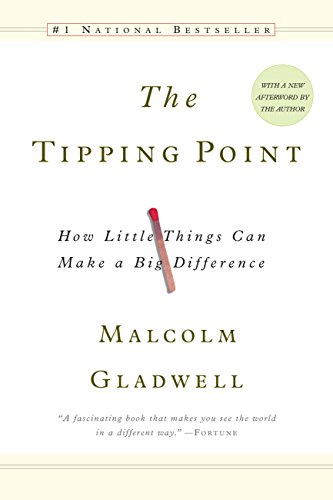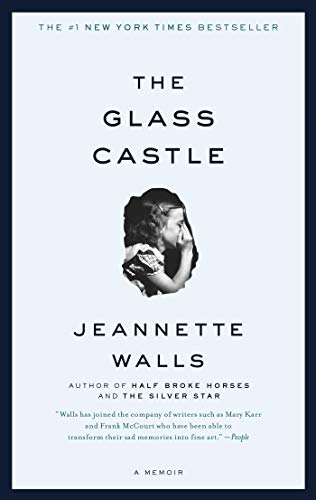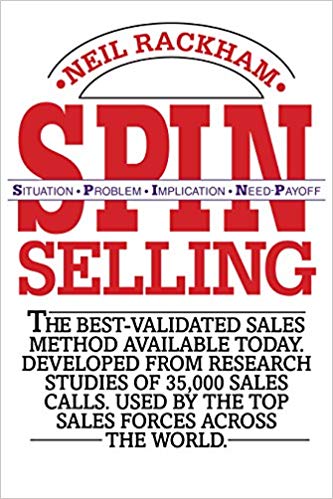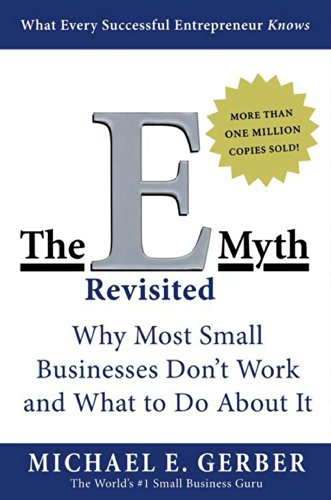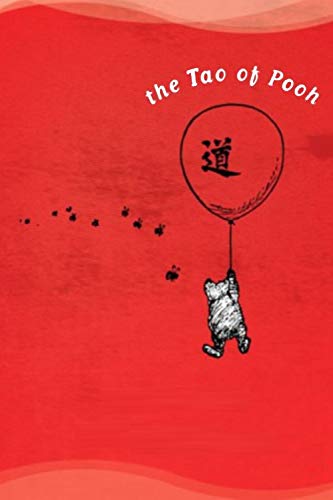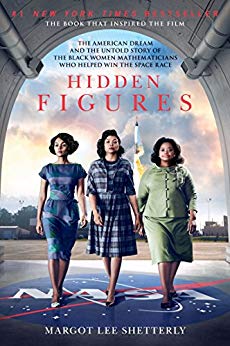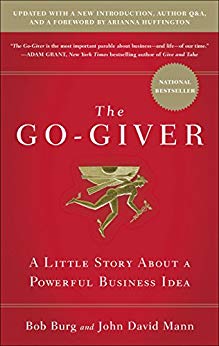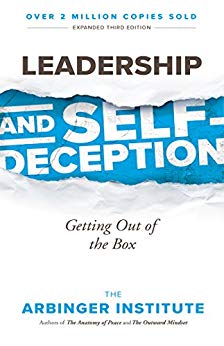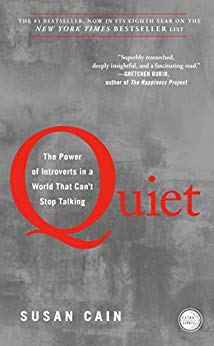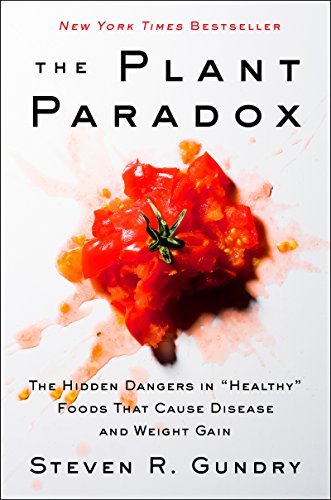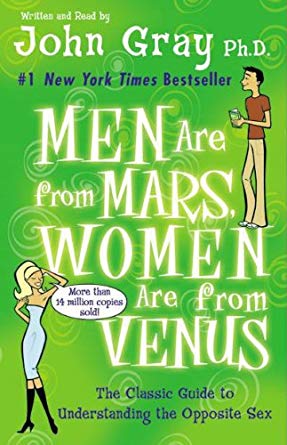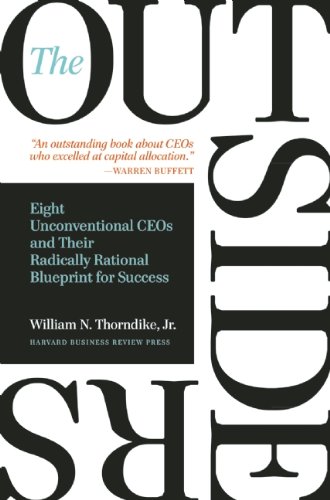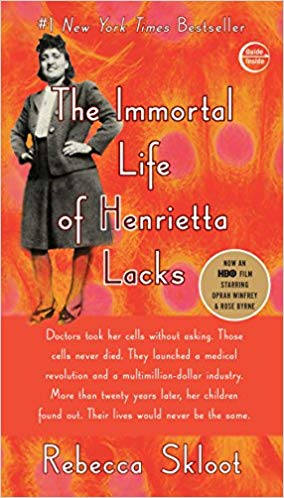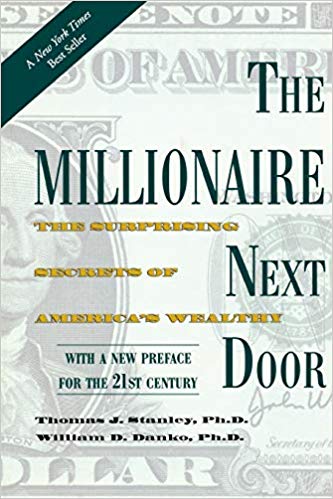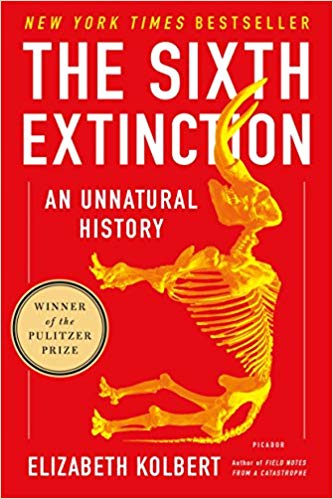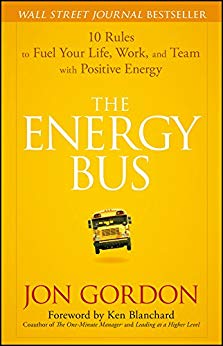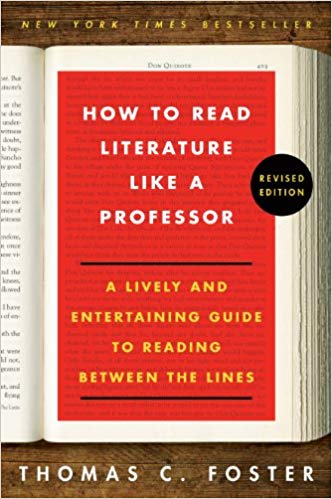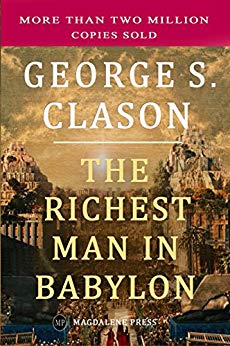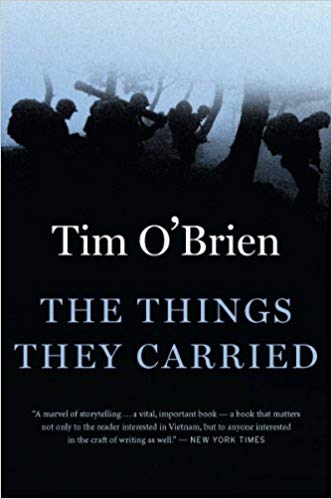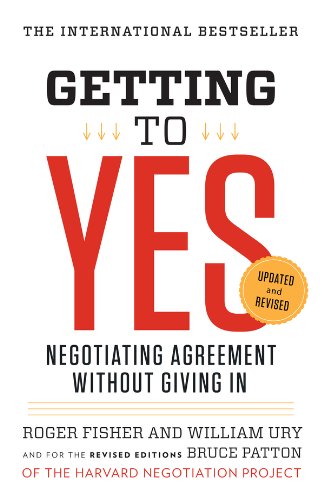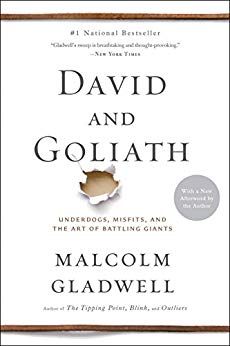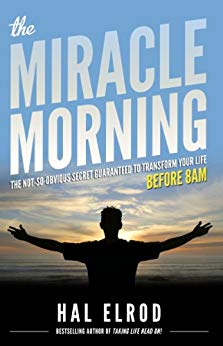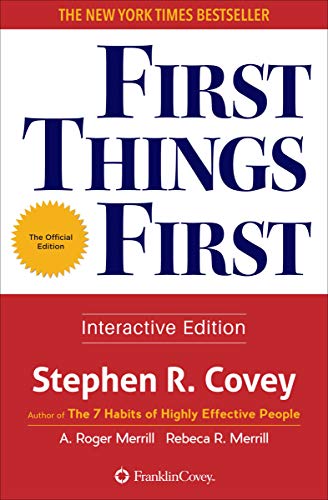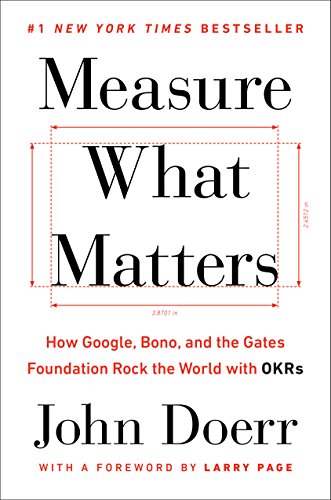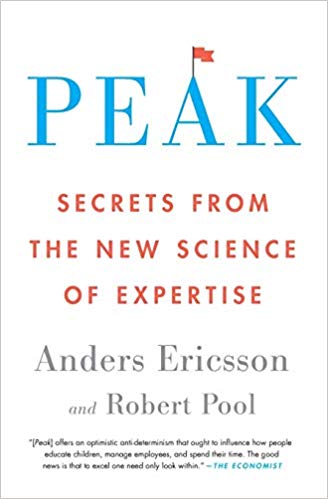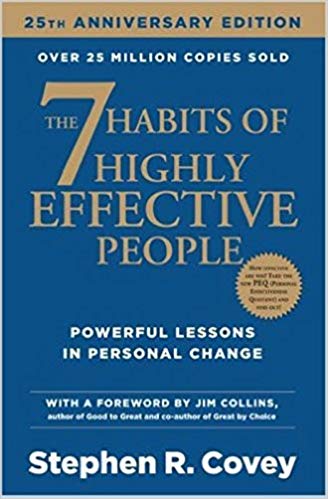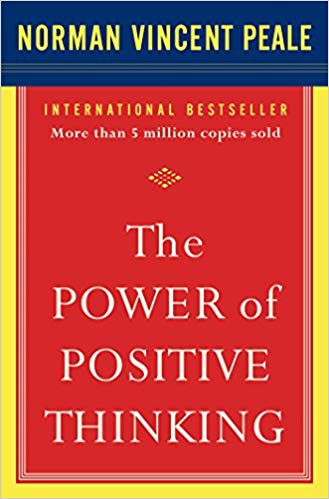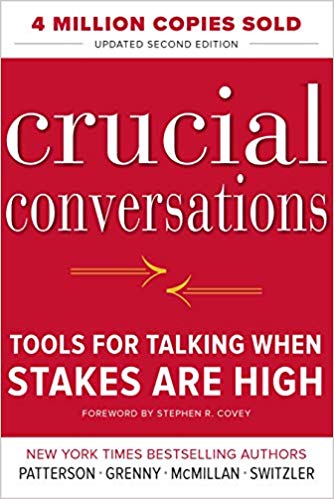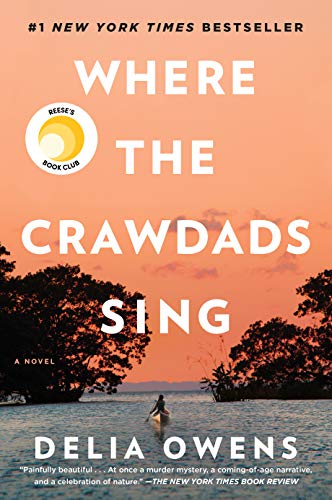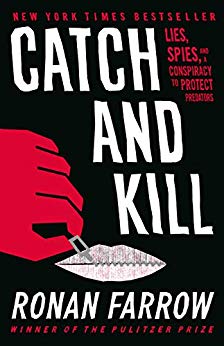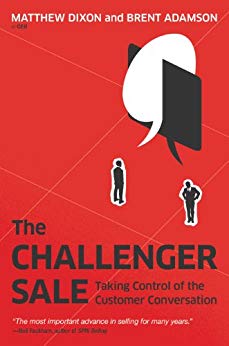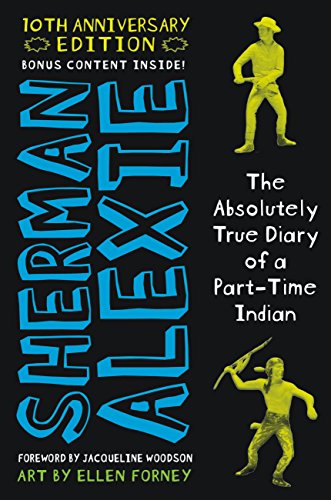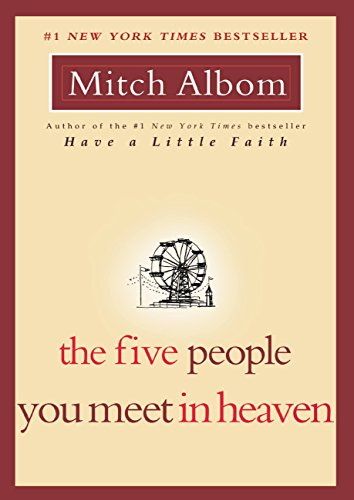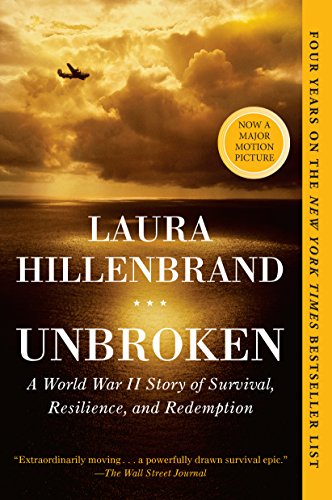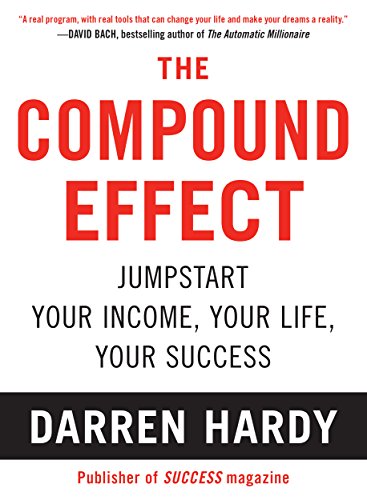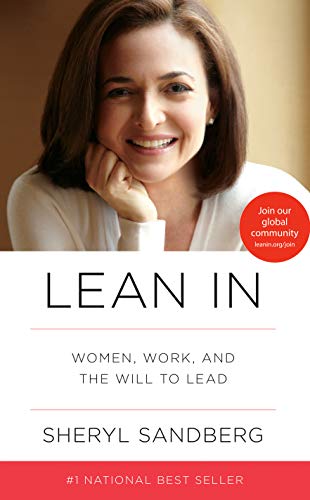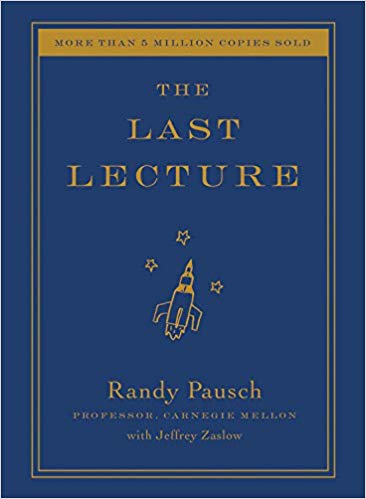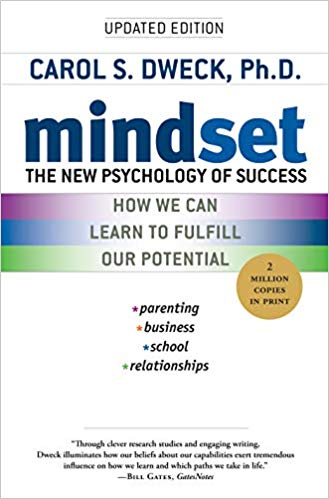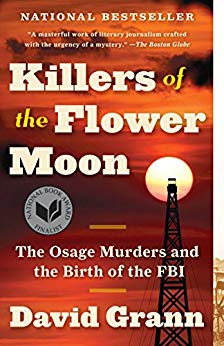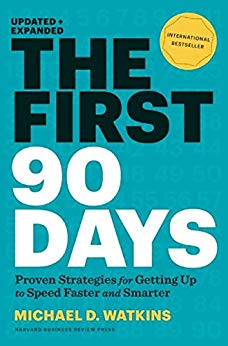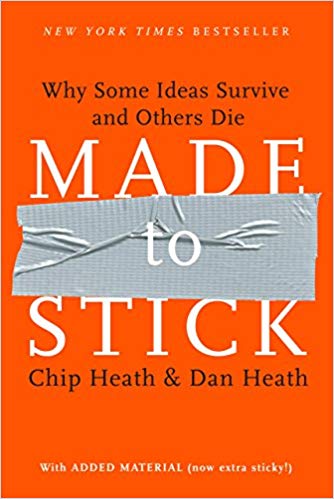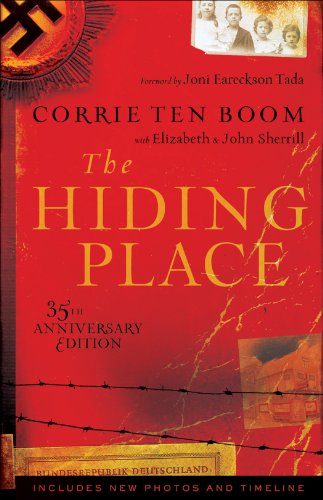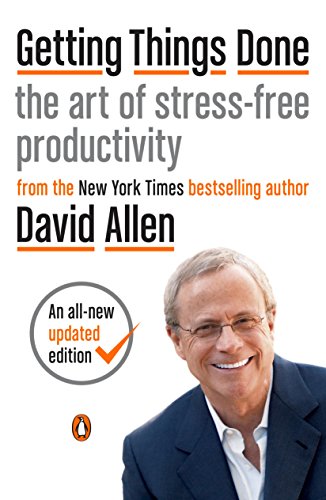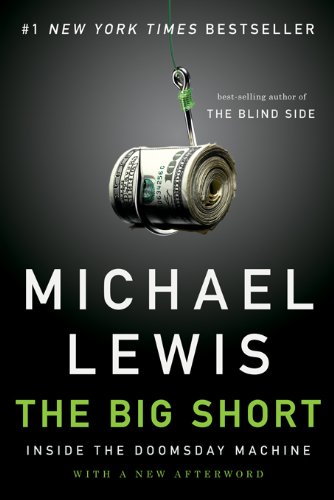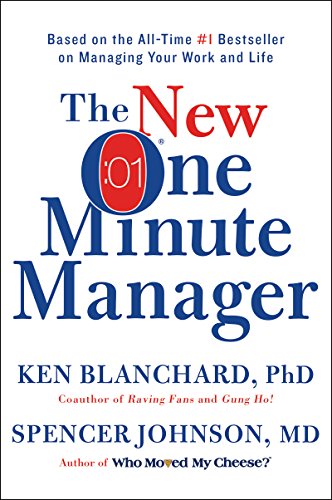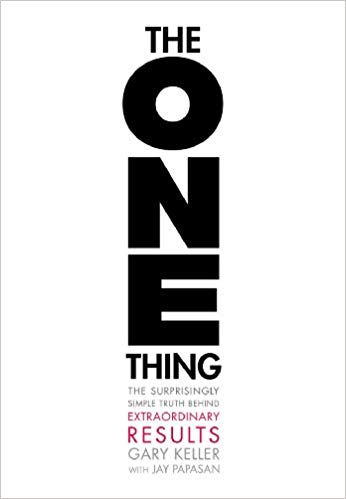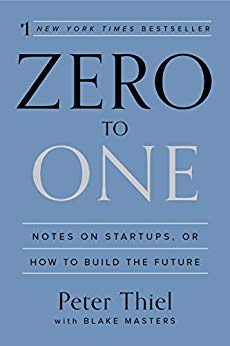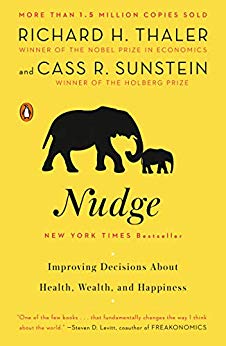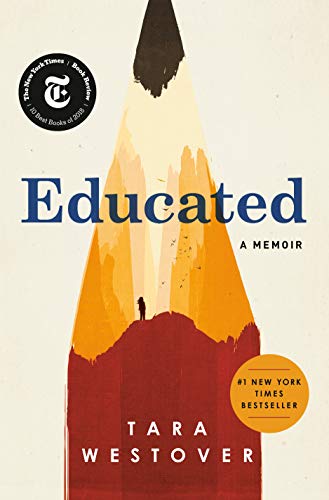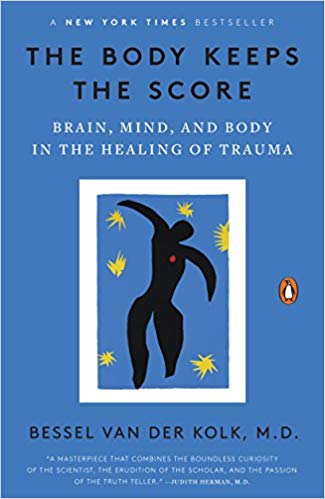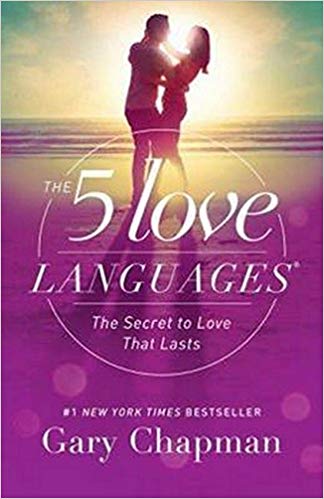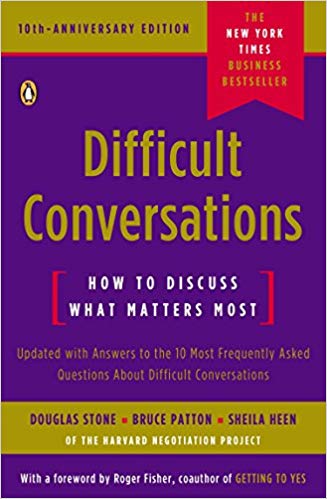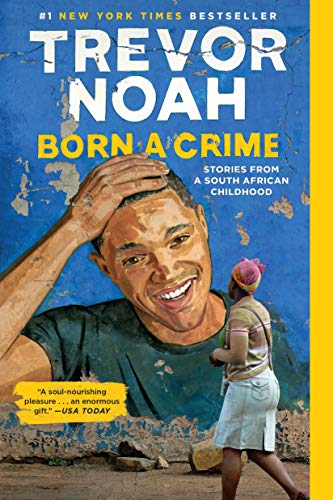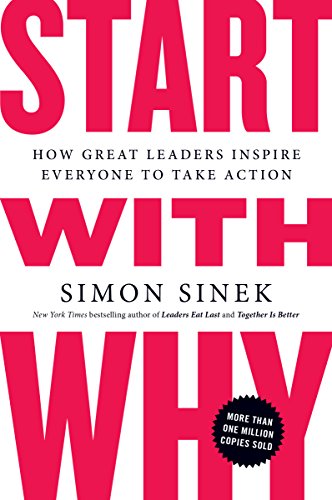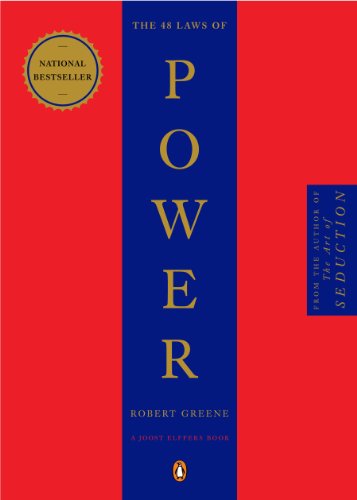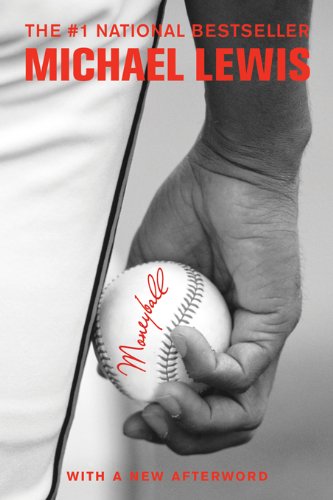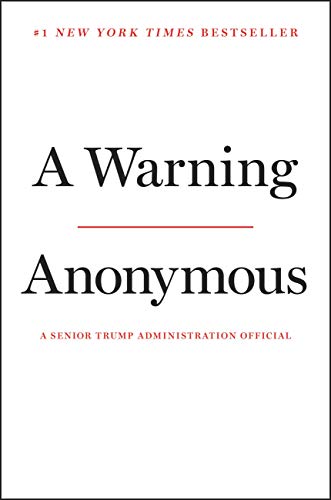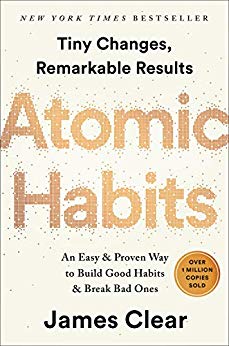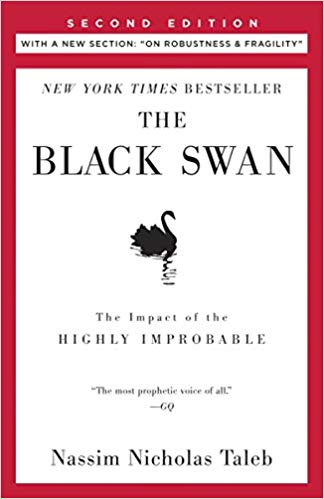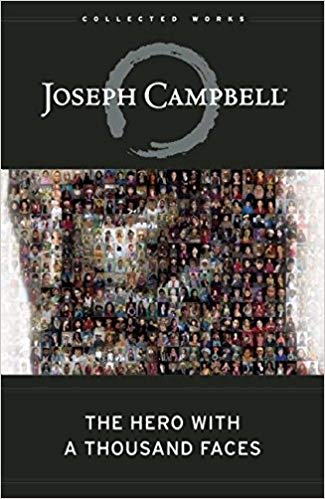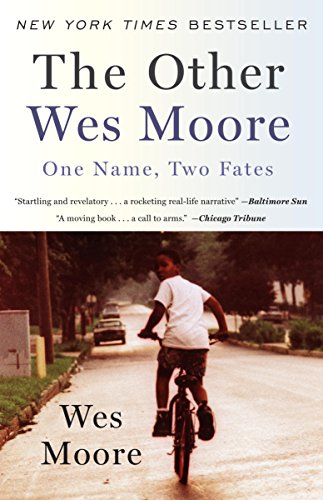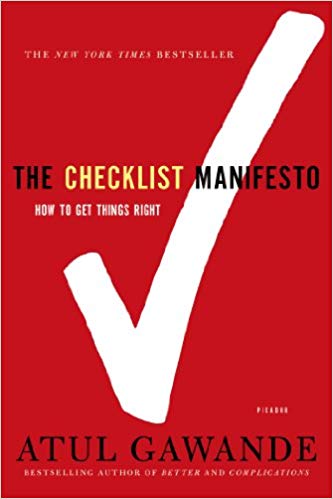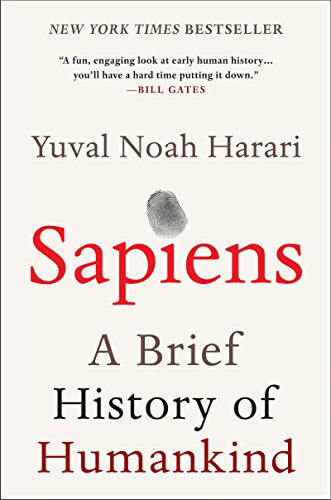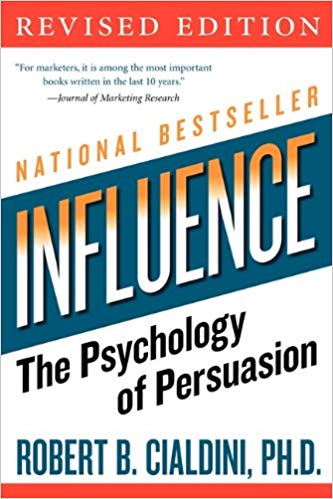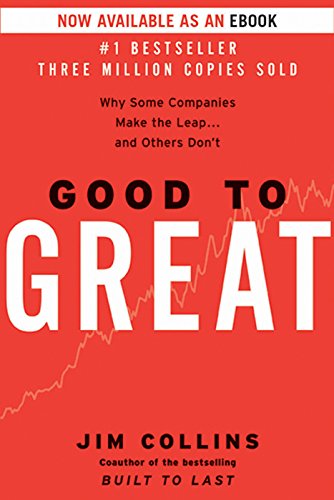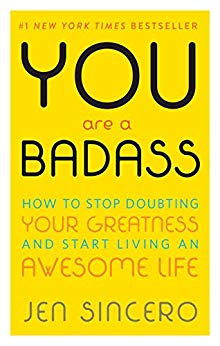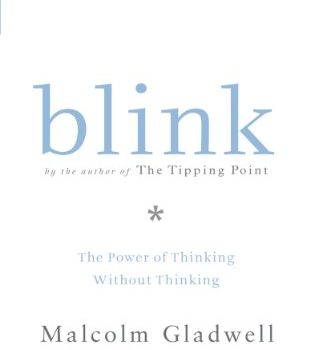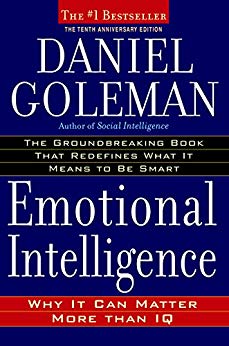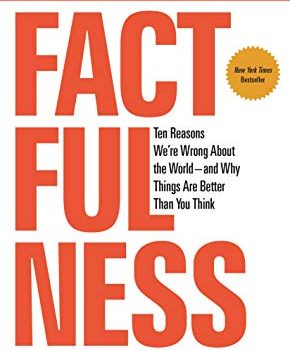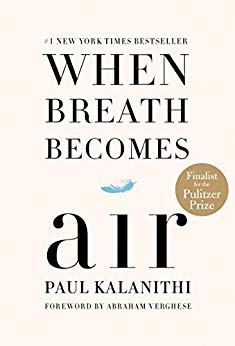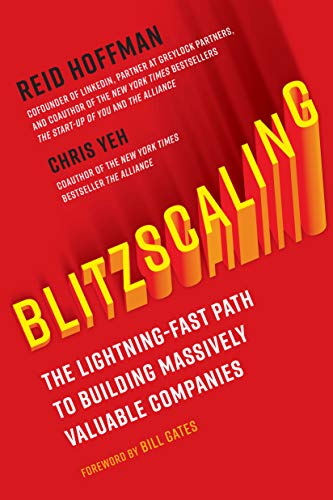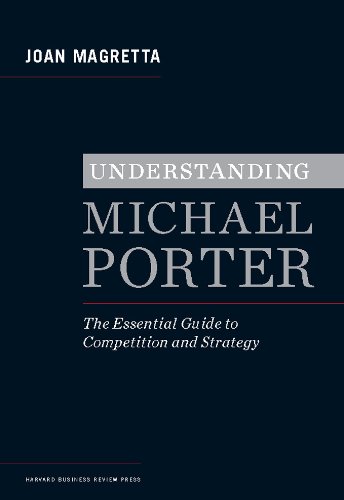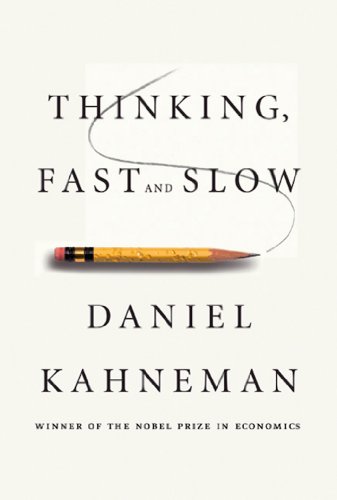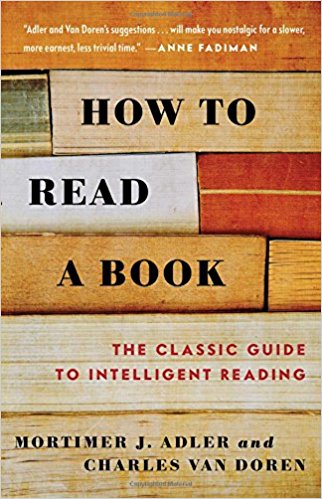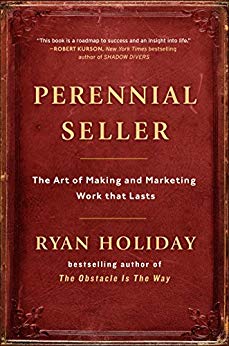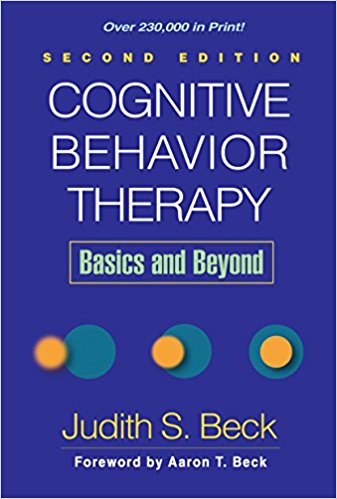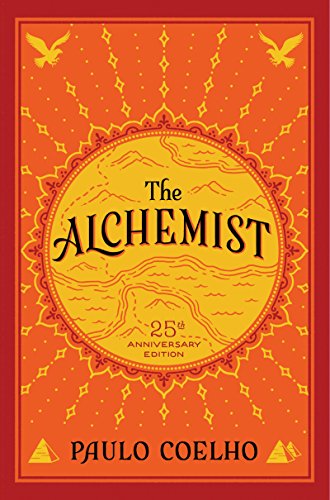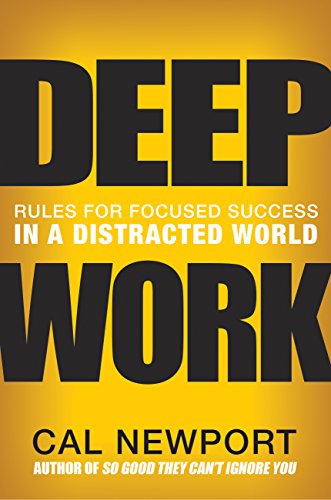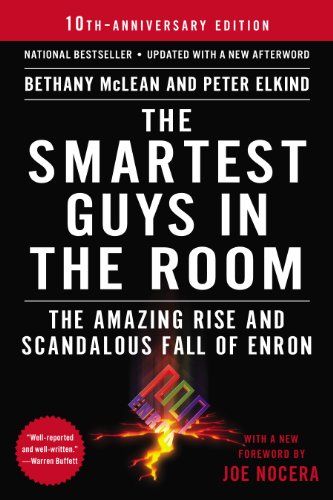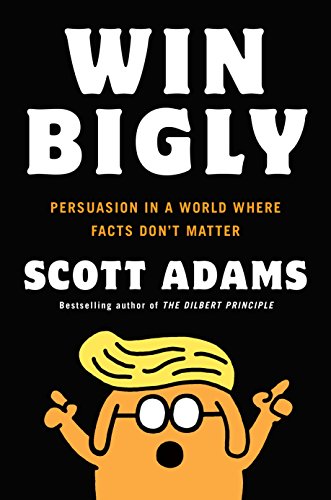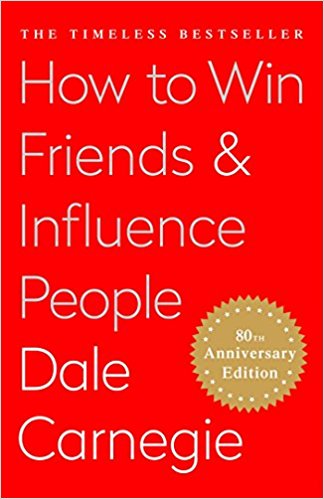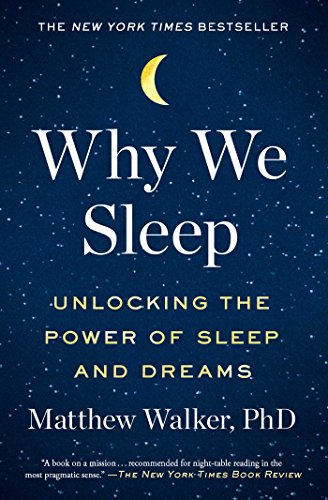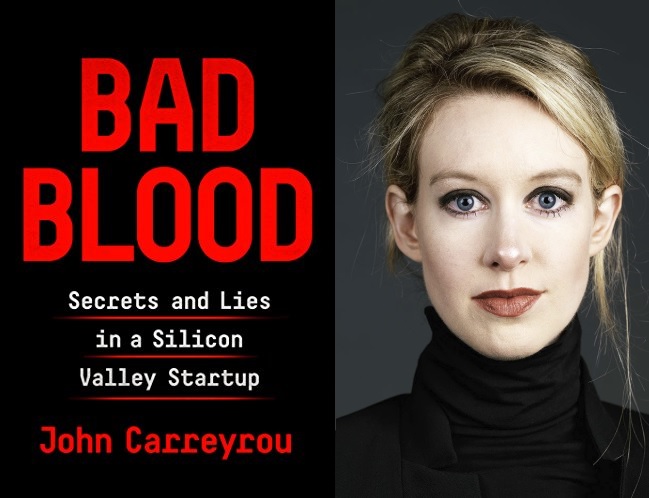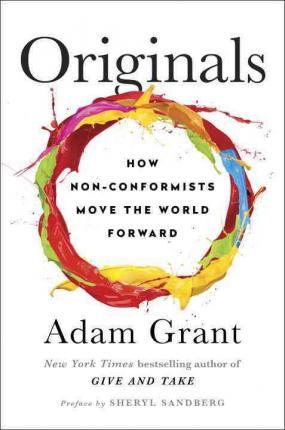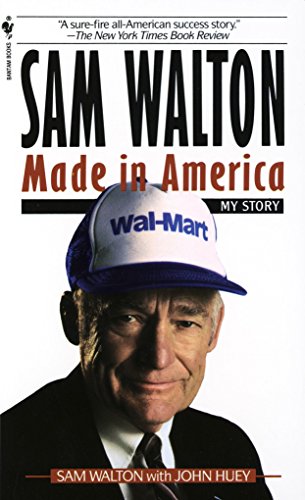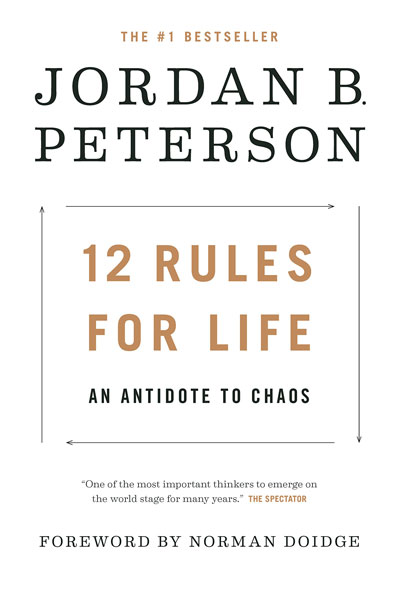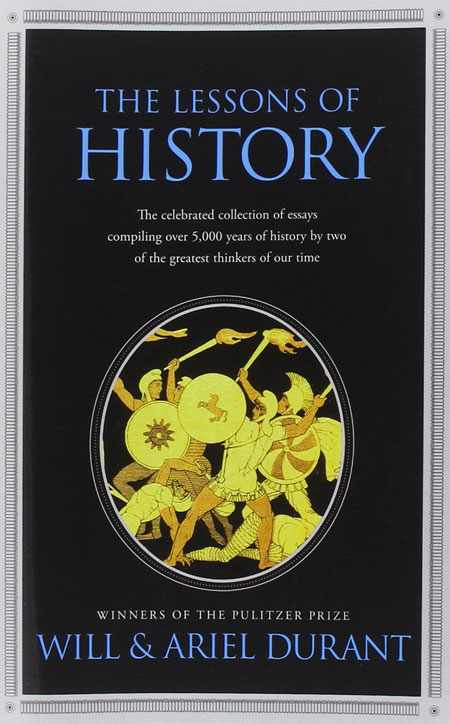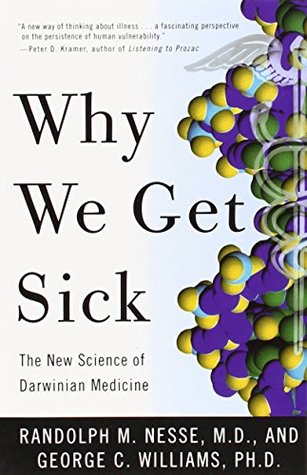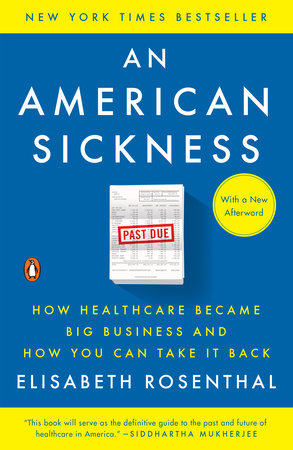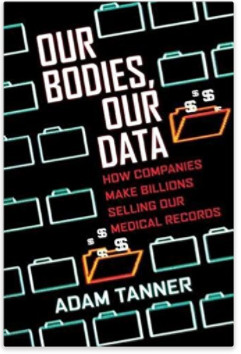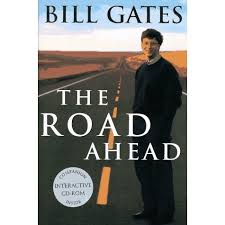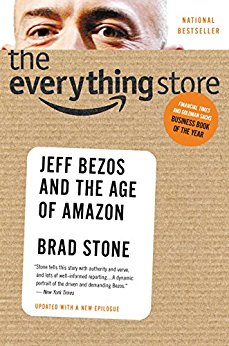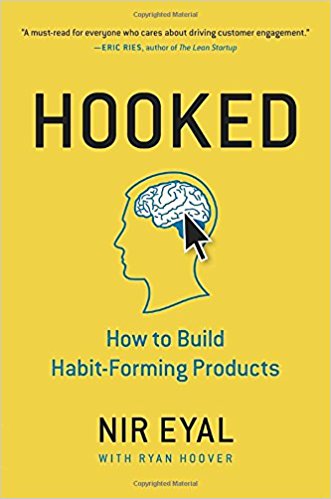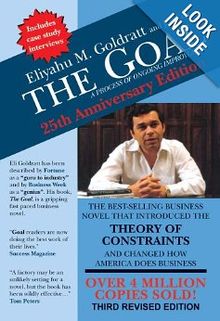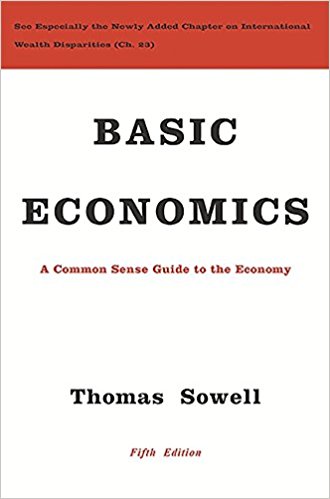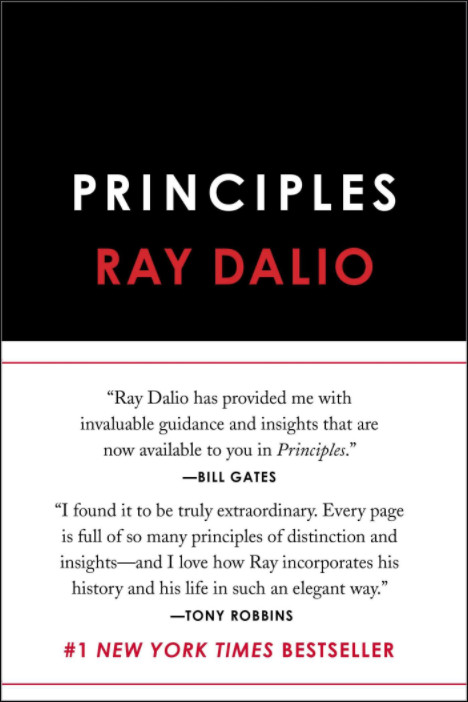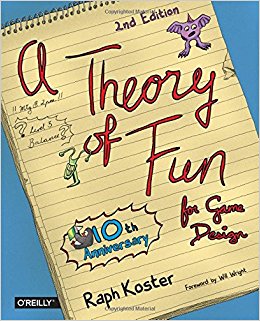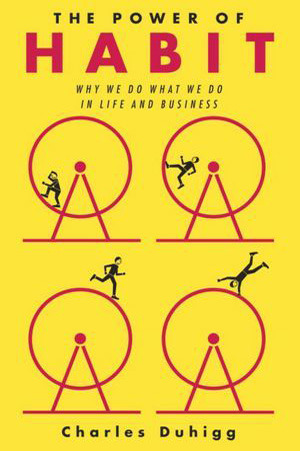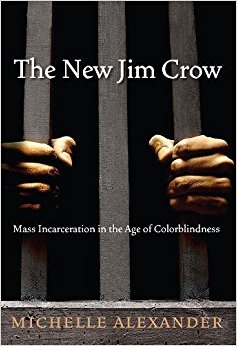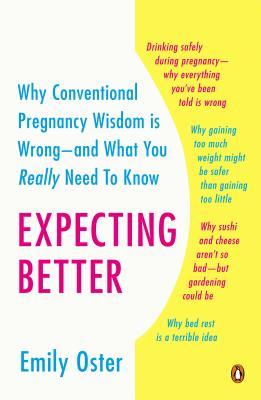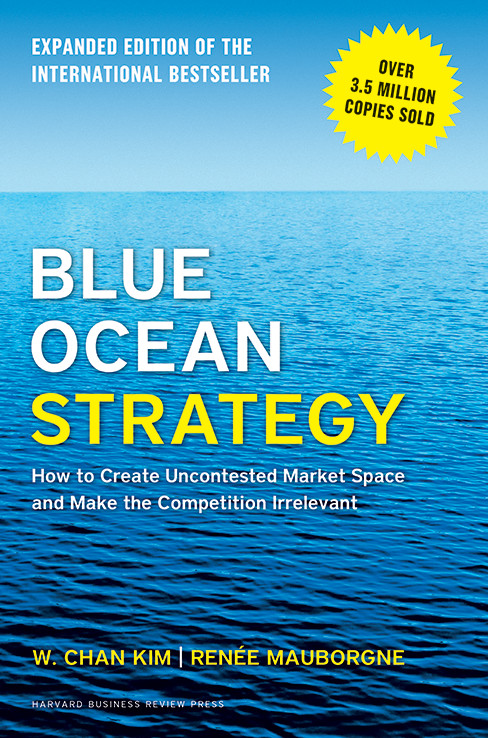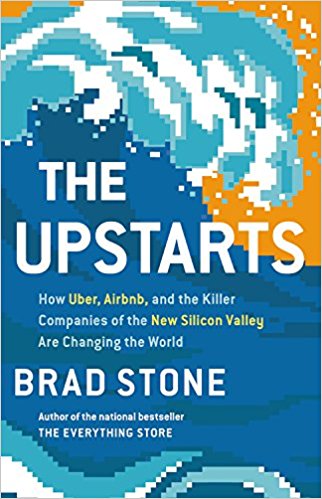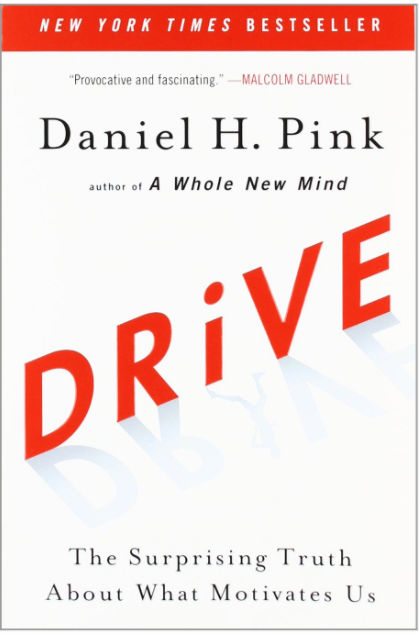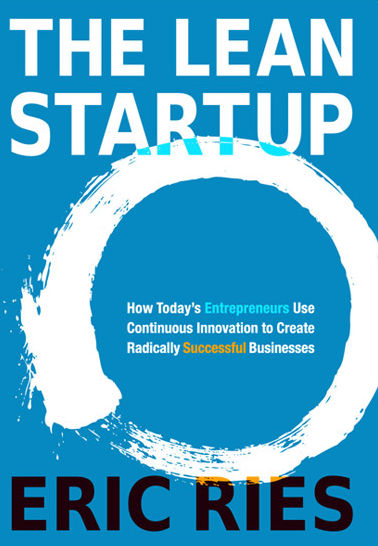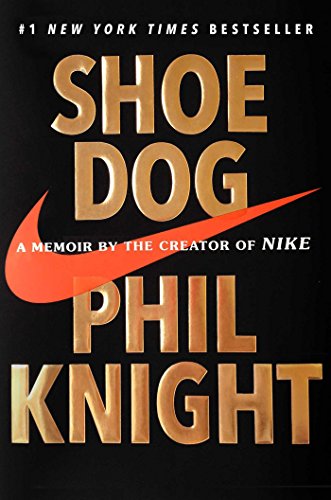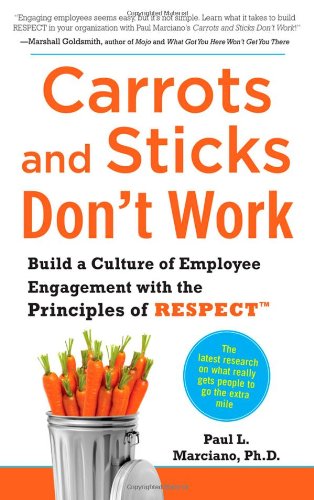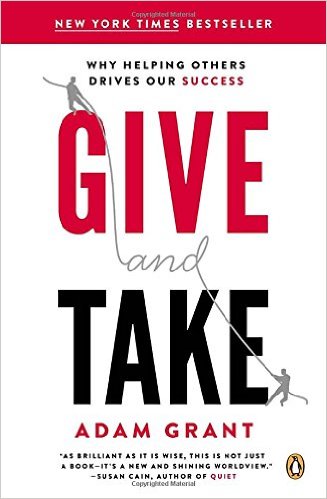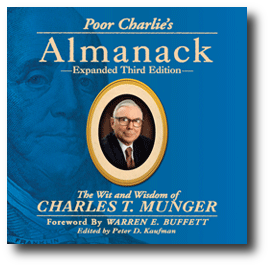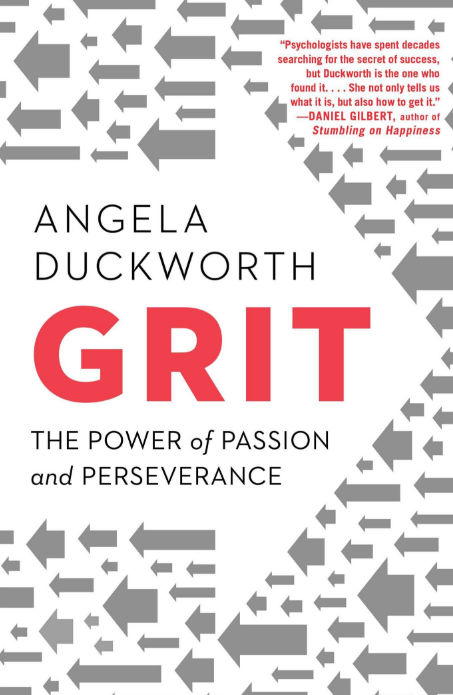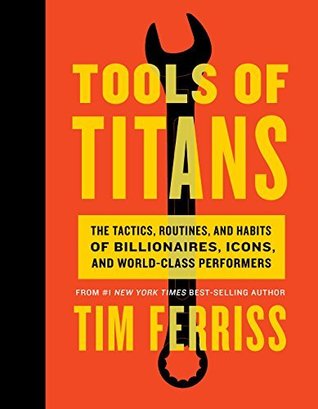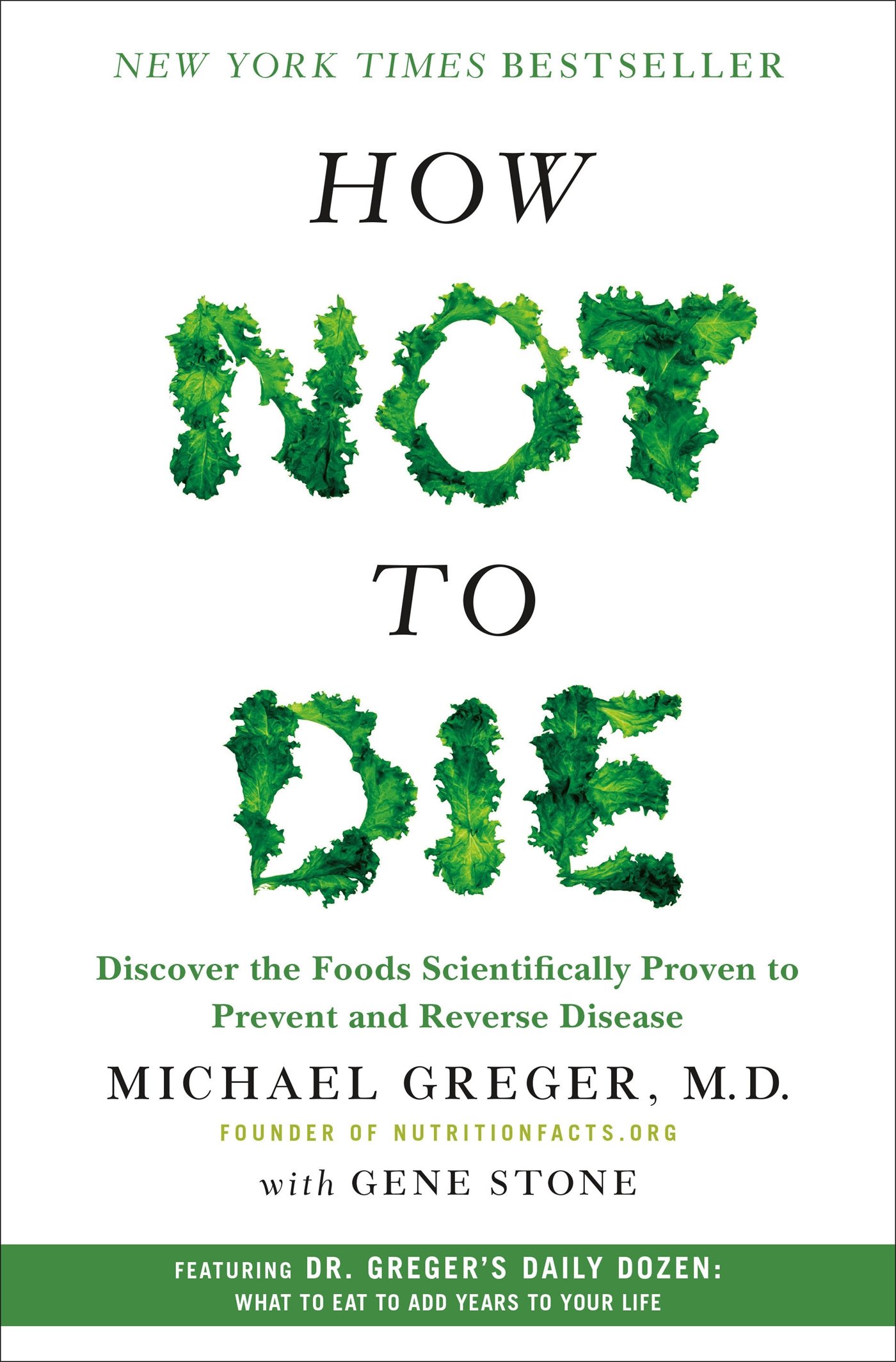I read books to make better decisions and understand how things work. I also forget a lot of what I read.
These book summaries are my way of retaining more information and understanding the books better. I share them online as free tools, and I hope you’ll find them helpful!
About my book summaries
Why are my book summaries so long?
My goal is to capture 90% of the key information of the book in 10% of the text. If I later forget what a book’s about, I can quickly recover most of its content by reading my summary. Thus my summaries usually have between a 10:1 to 20:1 page ratio – a 300-page book will be condensed to 15-30 pages.
Most other summaries I’ve seen capture just 30% of the information in 2% of the text – a 300-page book might be captured in 6 pages. While these shorter summaries do contain the main points, I find them unhelpful for actually changing my behavior. When the summaries are too high-level, they just read like platitudes, not compelling enough to change what you’re doing. No one reads the Ten Commandments and suddenly stops coveting things.
Instead, in my summaries, I reinforce a book’s main points with its key research studies and illustrative anecdotes. I like questioning a book’s objectivity, looking for the cited research papers and countervailing evidence. My summaries also include discussion questions and ways to apply the teachings to your personal situation.
How can it be that a book can be compressed to 10% of the text without losing much of the information?
My summary comprehension works like .zip file compression, in that repeated content is discarded. Instead of rephrasing important points 9 different ways, I state them once; from many supporting examples, I choose only the most compelling few. If the author rambles into unhelpful territory, I discard it.
Necessarily, a lot of information might be lost in the compression. My summary has to omit much of the character and rhetoric of the original books, and most of the author’s original voice. In all cases, if you like a book summary, I encourage you to buy and read the original book. They often contain more personality than my (rather dry) writing. Most writers and readers would probably agree that for high-quality books, there really is no replacement for the original.
How much of the summary is faithful to the book vs. your interpretation?
For the bulk of the summary, I’m faithful to the author and what’s presented in the book. As a reader, you’re probably more interested in what the book is saying and less interested in what I think about the book.
My attitude when reading books is, “what are the best things I can get out of this book?” I don’t obsess over its weaknesses and I don’t dismiss the book wholesale, like some critics do. Even lower-quality books have something to take away.
When I add my own commentary or examples, I enclose them in [brackets]. So any disagreement with things in [brackets] should be directed at me!
Of the dozens of books I've read, these are my all-time favorites. These have materially improved my life in the years since I've read them, and they're relevant to pretty much anyone doing anything. I suggest you check out my summaries below, or the full books on Amazon:
List of summaries
Emotional Intelligence 2.0, by Travis Bradberry and Jean Greaves
Make It Stick, by Peter C. Brown, Henry L. Roediger III, Mark A. McDaniel
The 21 Irrefutable Laws Of Leadership, by John C. Maxwell
An Unquiet Mind, by Kay Redfield Jamison
How Democracies Die, by Steven Levitsky and Daniel Ziblatt
The Hot Zone, by Richard Preston
Amusing Ourselves to Death, by Neil Postman
Make Your Bed, by William H. McRaven
The 4 Disciplines of Execution, by Chris McChesney, Sean Covey, and Jim Huling
A Brief History of Time, by Stephen Hawking
In Defense of Food, by Michael Pollan
Turn the Ship Around, by L. David Marquet
Fever 1793, by Laurie Halse Anderson
The Culture Code, by Daniel Coyle
The Mother Tongue, by Bill Bryson
The Ideal Team Player, by Patrick M. Lencioni
The Power of Moments, by Chip Heath and Dan Heath
The War of Art, by Steven Pressfield
Talking to Strangers, by Malcolm Gladwell
The Four Tendencies, by Gretchen Rubin
The Power of Now, by Eckhart Tolle
Zen and the Art of Motorcycle Maintenance, by Robert Pirsig
Eat That Frog!, by Brian Tracy
Brain on Fire, by Susannah Cahalan
Minimalism, by Joshua Fields Millburn and Ryan Nicodemus
The Five Dysfunctions of a Team, by Patrick M. Lencioni
Fast Food Nation, by Eric Schlosser
The Tipping Point, by Malcolm Gladwell
The Glass Castle, by Jeannette Walls
The E-Myth Revisited, by Michael E. Gerber
The Tao of Pooh, by Benjamin Hoff
Hidden Figures, by Margot Lee Shetterly
The Go-Giver, by Bob Burg and John D. Mann
Leadership and Self-Deception, by The Arbinger Institute
Quiet: The Power of Introverts, by Susan Cain
The Plant Paradox, by Steven R. Gundry
Men Are From Mars, Women Are From Venus, by John Gray
The Outsiders: Eight Unconventional CEOs, by William N. Thorndike
The Immortal Life of Henrietta Lacks, by Rebecca Skloot
The Millionaire Next Door, by Thomas J. Stanley and William D. Danko
The Sixth Extinction, by Elizabeth Kolbert
How to Read Literature Like a Professor, by Thomas C. Foster
The Richest Man in Babylon, by George S. Clason
The Things They Carried, by Tim O’Brien
Getting to Yes, by Roger Fisher and William Ury
David and Goliath, by Malcolm Gladwell
The Miracle Morning, by Hal Elrod
First Things First, by Stephen R. Covey
Measure What Matters, by John Doerr
The 7 Habits of Highly Effective People, by Stephen R. Covey
The Power of Positive Thinking, by Norman Vincent Peale
Crucial Conversations, by Kerry Patterson, Joseph Grenny, et al.
Where the Crawdads Sing, by Delia Owens
Catch and Kill, by Ronan Farrow
The Challenger Sale, by Matthew Dixon and Brent Adamson
The Absolutely True Diary of a Part-Time Indian, by Sherman Alexie
The Five People You Meet In Heaven, by Mitch Albom
Unbroken, by Laura Hillenbrand
The Compound Effect, by Darren Hardy
The Last Lecture, by Randy Pausch
Killers of the Flower Moon, by David Grann
The First 90 Days, by Michael Watkins
Made to Stick, by Chip Heath and Dan Heath
The Hiding Place, by Corrie ten Boom
Getting Things Done, by David Allen
The Big Short, by Michael Lewis
The One-Minute Manager, by Ken Blanchard and Spencer Johnson
Nudge, by Richard H. Thaler and Cass R. Sunstein
The Body Keeps the Score, by Bessel van der Kolk
The 5 Love Languages, by Gary Chapman
Difficult Conversations, by Douglas Stone, Bruce Patton, Sheila Heen
Start With Why, by Simon Sinek
The 48 Laws of Power, by Robert Greene
Men are from Mars, Women are from Venus, by John Gray
The Black Swan, by Nassim Taleb
The Big Short, by Michael Lewis
How to Read Literature Like a Professor, by Thomas C. Foster
The Last Lecture, by Randy Pausch
The Hero With a Thousand Faces, by Joseph Campbell
The Other Wes Moore, by Wes Moore
The Checklist Manifesto, by Atul Gawande
The Things They Carried, by Tim O’Brien
You are a Badass, by Jen Sincero
Girl, Wash Your Face, by Rachel Hollis
Emotional Intelligence, by Daniel Goleman
When Breath Becomes Air, by Paul Kalanithi
The Omnivore’s Dilemma, by Michael Pollan
The Subtle Art of Not Giving a F*ck, by Mark Manson
The Life-Changing Magic of Tidying Up, by Marie Kondo
Man’s Search for Meaning, by Victor Frankl
The Magic of Thinking Big, by David Schwartz
Think and Grow Rich, by Napoleon Hill
The Four Agreements, by Don Miguel Ruiz
Who Moved My Cheese? by Spencer Johnson
Extreme Ownership, by Jocko Willink and Leif Babin
Rich Dad, Poor Dad, by Robert Kiyosaki
The Hacker’s Diet, by John Walker
Never Binge Again, by Glenn Livingston
The PayPal Wars, by Eric Jackson
Understanding Michael Porter: The Essential Guide to Competition and Strategy, by Joan Magretta
Thinking, Fast and Slow, by Daniel Kahneman
How to Read a Book: The Classic Guide to Intelligent Reading, by Mortimer Adler
Perennial Seller: The Art of Making and Marketing Work that Lasts, by Ryan Holiday>
Cognitive Behavior Therapy: Basics and Beyond, by Judith Beck
The Alchemist, by Paulo Coelho
Deep Work: Rules for Focused Success in a Distracted World, by Cal Newport
The Smartest Guys in the Room: The Amazing Rise and Scandalous Fall of Enron, by Bethany McLean
Win Bigly: Persuasion in a World Where Facts Don’t Matter, by Scott Adams
Mindfulness in Plain English, by Bhante Gunaratana
How to Win Friends & Influence People, by Dale Carnegie
Why We Sleep: Unlocking the Power of Sleep and Dreams, by Matthew Walker
Bad Blood: Secrets and Lies in a Silicon Valley Startup, by John Carreyrou
Originals: How Non-Conformists Move the World Forward, by Adam Grant
Sam Walton: Made in America, by Sam Walton
12 Rules for Life: An Antidote to Chaos, by Jordan Peterson
The Lessons of History, by Will & Ariel Durant
Why We Get Sick: The New Science of Darwinian Medicine, by Nesse and Williams
An American Sickness, by Elisabeth Rosenthal
Our Bodies, Our Data: How Companies Make Billions Selling Our Medical Records, by Adam Tanner
Essentials of the US Healthcare System, by Shi and Singh
The Everything Store, by Brad Stone
Technological Revolutions and Financial Capital, by Carlota Perez
Hooked: How to Build Habit-Forming Products, by Nir Eyal
The Goal: A Process of Ongoing Improvement, by Eliyahu Goldratt
Basic Economics: A Common Sense Guide to the Economy, by Thomas Sowell
Principles: Life and Work, by Ray Dalio
A Theory of Fun for Game Design, by Raph Koster
The Power of Habit: Why We Do What We Do in Life and Business, by Charles Duhigg
The New Jim Crow: Mass Incarceration in the Age of Colorblindness, by Michelle Alexander
Expecting Better: Why the Conventional Pregnancy Wisdom is Wrong, by Emily Oster
The Upstarts (Uber and Airbnb History), by Brad Stone
Drive: The Surprising Truth about What Motivates Us, by Daniel Pink
The Lean Startup, by Eric Ries
Shoe Dog: A Memoir by the Creator of Nike, by Phil Knight
Carrots and Sticks Don’t Work, by Paul Marciano
Give and Take: Why Helping Others Drives our Success, by Adam Grant
Poor Charlie’s Almanack, by Charlie Munger
Grit: The Power of Passion and Perseverance, by Angela Duckworth
